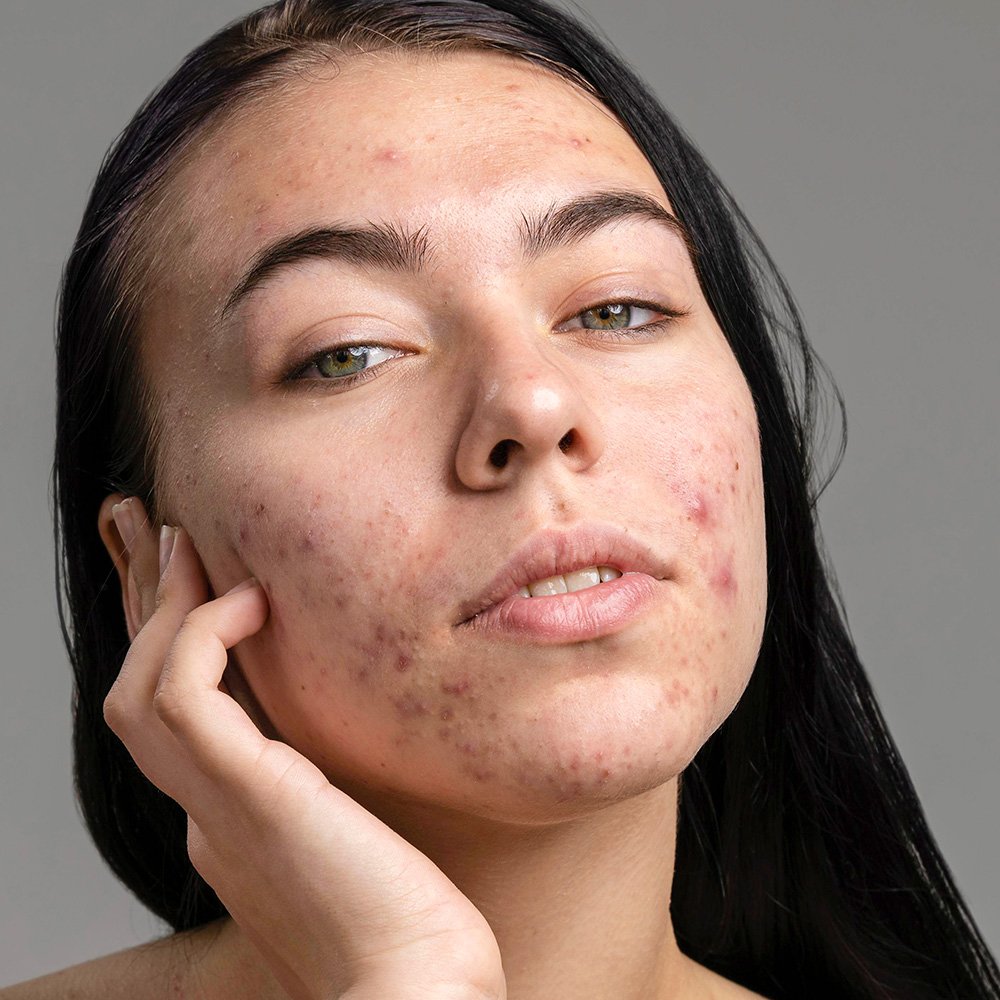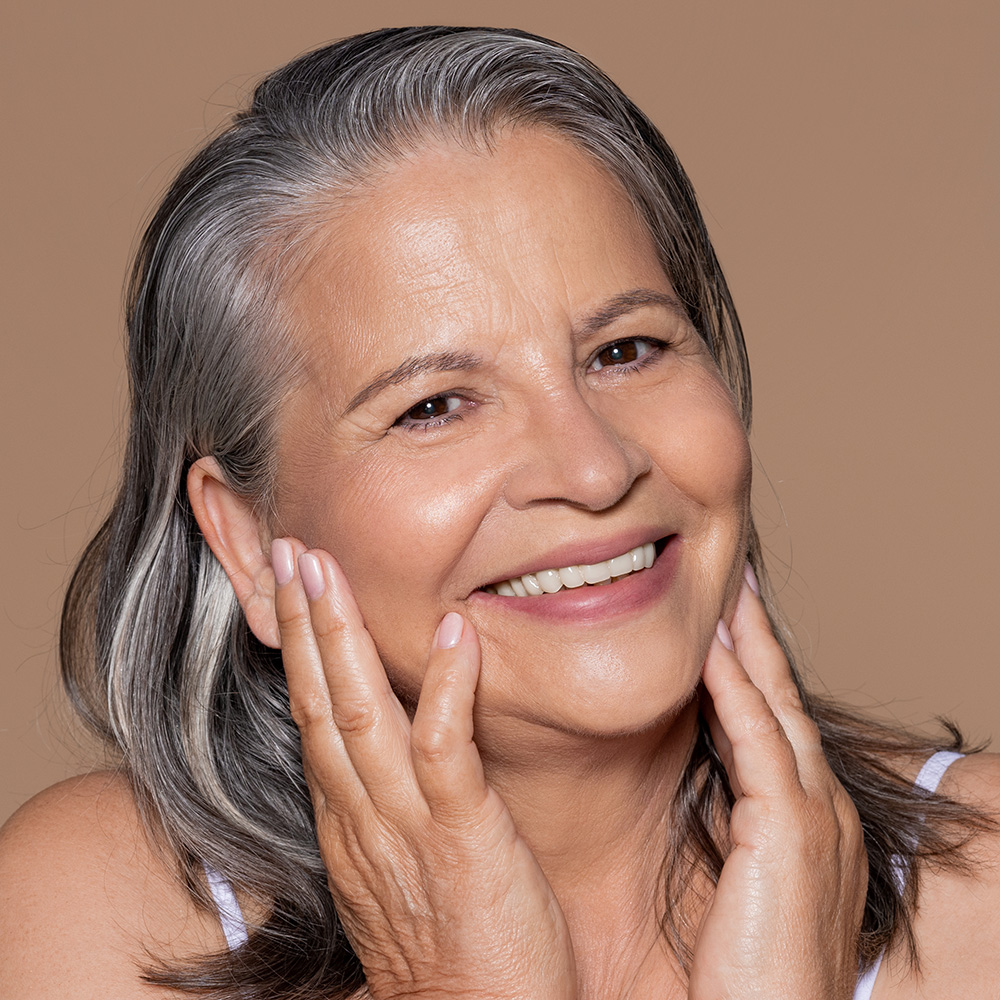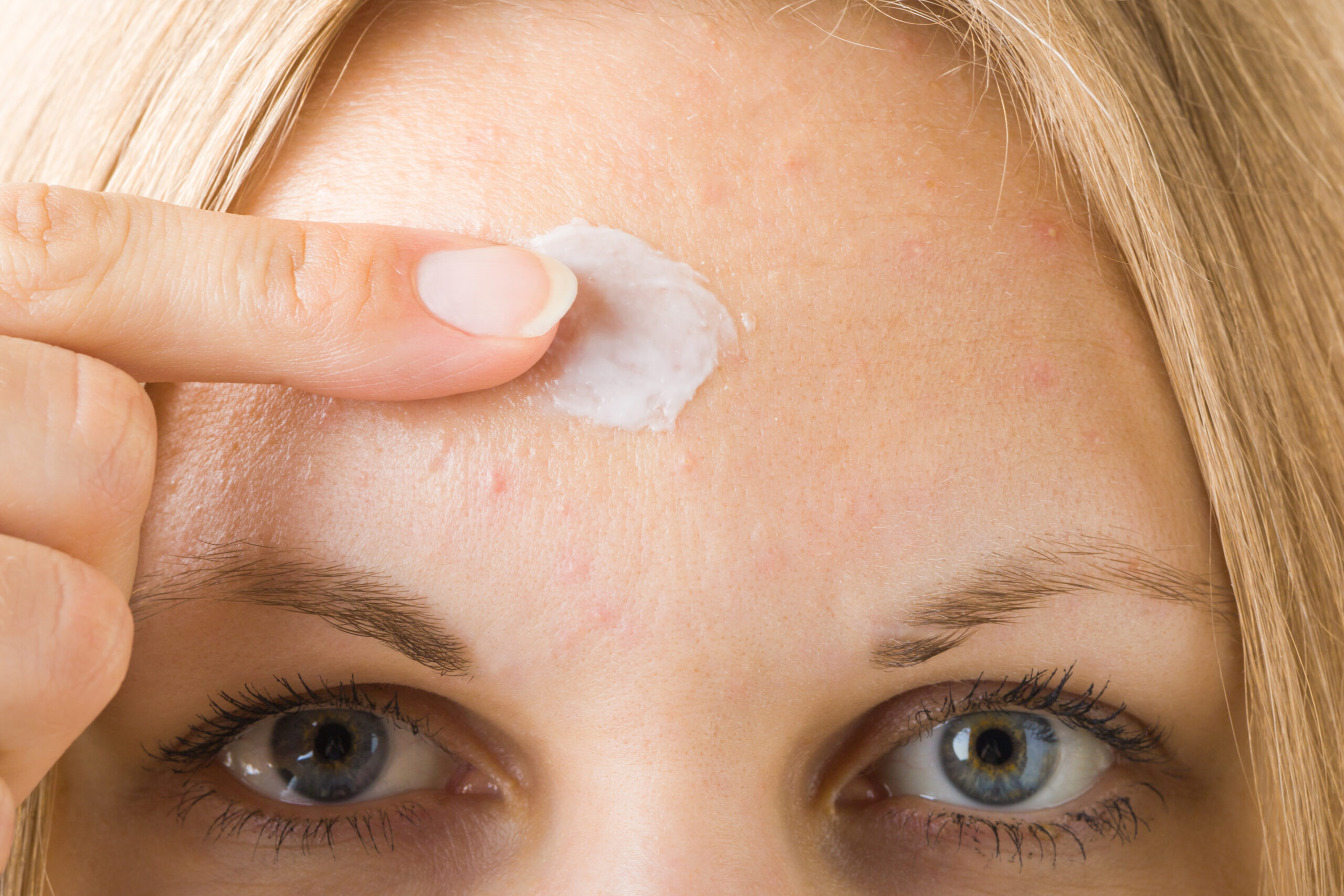
Skin health expert Jillian Wright talks about the scientific promise of Yudoyu DNA testing
Learn about our exciting partnership with Master Aesthetician Jillian Wright! Jillian has been a highly sought-after NYC-based aesthetician for 20+ Years. She is noted nationally in









